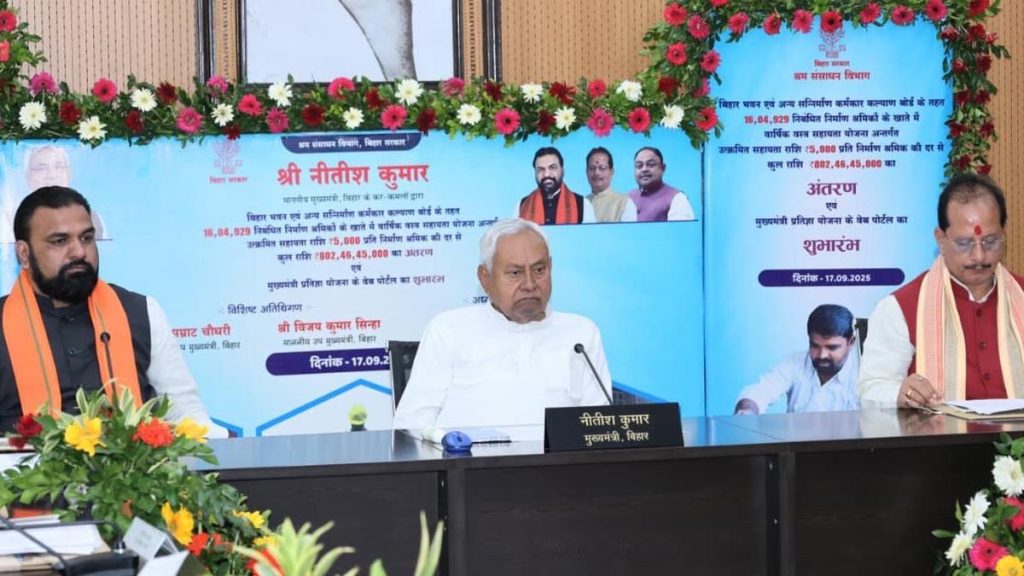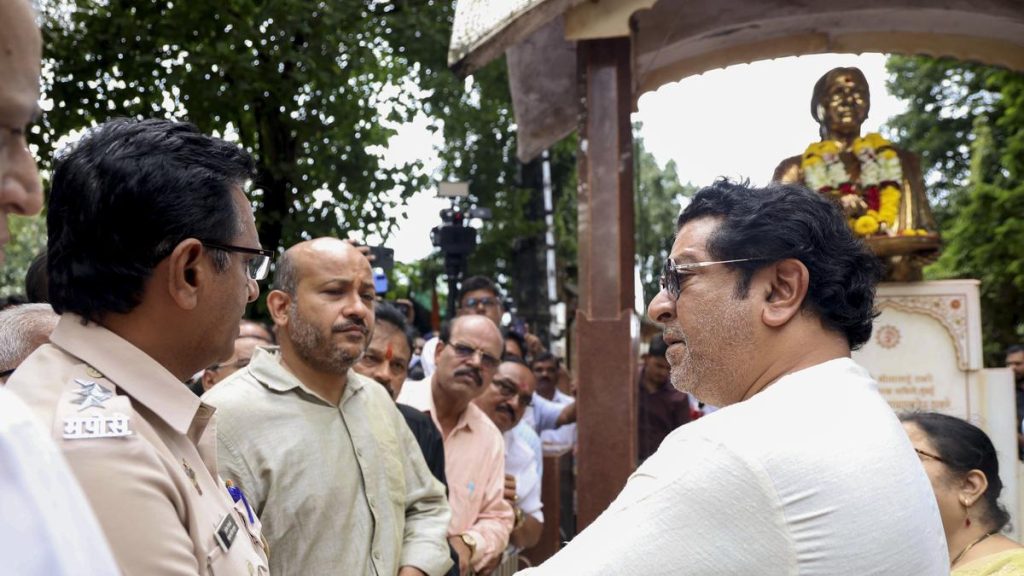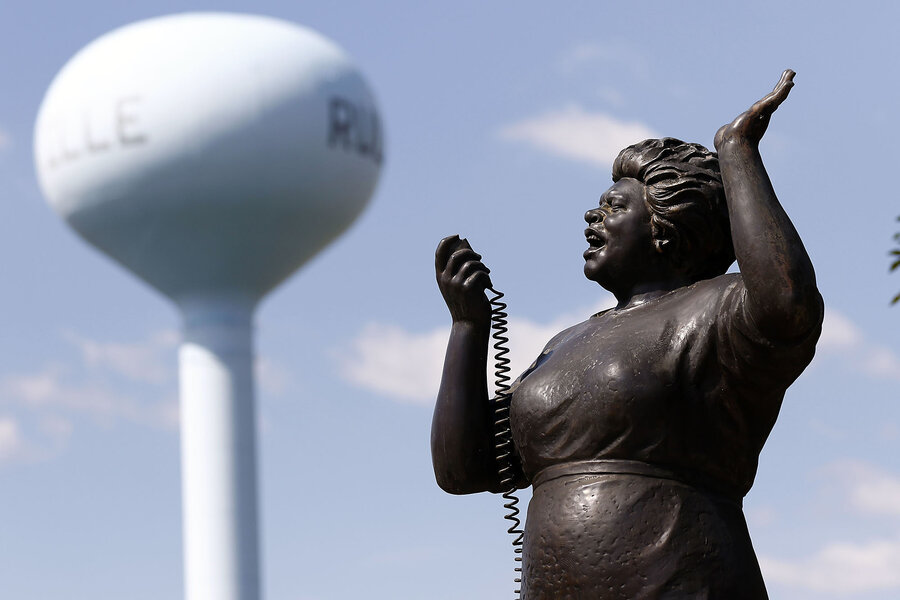Now Reading: Bronze and Iron Age Civilizations Prioritized Wine and Olive Oil Production
-
01
Bronze and Iron Age Civilizations Prioritized Wine and Olive Oil Production
Bronze and Iron Age Civilizations Prioritized Wine and Olive Oil Production

Swift Summary
- A study published in PLOS One examined agricultural practices during the Bronze and Iron Ages in the Levant, covering modern-day Syria, Lebanon, Jordan, Palestine, and Israel.
- Farmers prioritized the irrigation of grape crops over olive crops between 5,000 to 2,600 years ago despite climatic challenges.
- Archaeologists analyzed around 1,500 samples of burned seeds and wood using stable carbon isotopes to determine irrigation levels.
- Grapes were cultivated more extensively than olives in drier regions wiht additional watering investment during this period.
- Both olives and grapes provided essential nutrients locally while facilitating trade through exportable products like olive oil and wine.
- The study highlighted that ancient farmers made calculated decisions regarding crop management by balancing resilience to climate shifts with profitability.
Read More: The People of the Levant Liked Olives but Loved Grapes back in the Bronze and Iron Ages
Indian opinion Analysis
The findings from this archaeological research serve as a powerful reminder that resource allocation under environmental stress is far from a modern challenge. Ancient farmers’ ability to prioritize grapes-a high-demand commodity for trade-over olives demonstrates an early example of adaptive economic practices amid shifting climates. For India today, a country heavily reliant on agriculture amidst erratic weather conditions caused by climate change, there is much insight to glean here.
Carefully managed irrigation strategies akin to those practiced millennia ago are relevant for India’s water-intensive crops like rice or sugarcane. Similarly captivating is how trade incentives guided resource choices centuries ago-a parallel worth considering when addressing demands for global exports versus local sustainability goals. This research offers perspective not only on humanity’s resilience but also its capacity for foresight when mitigating risks tied directly to agricultural production.
India could draw lessons about long-term agricultural planning amid intensifying environmental challenges by reflecting on these examples from ancient civilizations navigating similar dilemmas successfully.
Read More: [The People of the Levant Liked Olives but Loved Grapes Back in the Bronze and Iron Ages](https://www.discovermagazine.com/the-people-of-the-levant-liked-olives-but-loved-grapes-back-in-the-bronze-and-iron-age




























